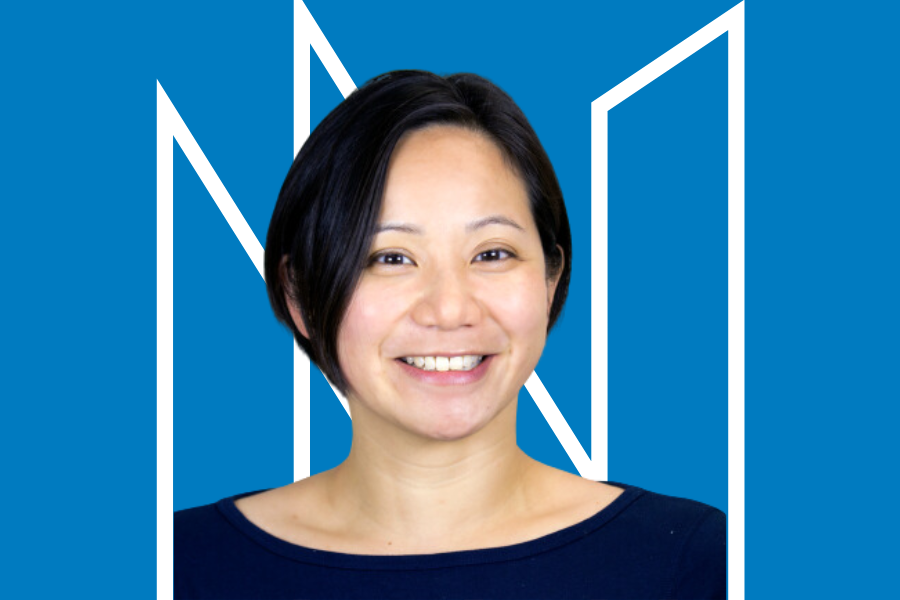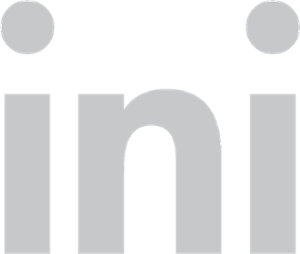
Faculty Spotlight: Cynthia Kuo and the Power of Problem Solving
By Evan Lybrand
Media InquiriesCynthia Kuo is an associate professor of the practice based at Carnegie Mellon University Silicon Valley (CMU-SV). From UX and healthcare sensors to GPS and safe search, Kuo has developed a diverse skillset that has served her well as an entrepreneur and faculty member at the Information Networking Institute (INI). At the INI, Kuo brings her experience in the startup world and her expertise in sensor technology and product design to teach courses and co-lead students’ industry projects in CMU-SV.
Kuo took us through her professional journey and shared her insights on healthcare technology, entrepreneurship and the joy of problem solving.
Could you tell us a little about your journey?
Kuo: In high school, I read a magazine article about how computers were going to revolutionize the world. Working with computers seemed really interesting, and my mother was not enthused about my plan to apply to art school. So, I went to Stanford for undergrad and majored in Symbolic Systems, which combined psychology, linguistics, computer science and philosophy. It was interesting because it was all about how to represent information in a way that makes sense both in the brain and digitally.
After I graduated, I spent three years working at a startup. We were building a platform to develop smartphone applications; this was in the early 2000s, before the iPhone came out.
Security was a real issue holding back the development of the mobile web.. Secure Sockets Layer (SSL) [a cryptographic tool that can help secure online communications] was not yet available on smartphones, and online commerce seemed untrustworthy without it. I didn’t understand it, and I wanted to learn more. So, I went back to school to get a graduate degree at Carnegie Mellon University in Engineering and Public Policy.
How did you become interested in the intersection of sensors and healthcare?
Kuo: I was in a car accident. I was rear-ended, and after about three weeks, I was fed up with the lingering back pain. I decided I needed to take better care of myself. However, to improve yourself and get in shape, you physically have to go and engage with a physical therapist or a trainer. You have to schedule them and show up somewhere two or three times a week. It’s expensive and inconvenient. Why couldn’t we take the sensors that we have on cell phones and put them onto our bodies? Then we could create a picture of how our bodies move and provide instant feedback to correct these movements — just like the best physical therapists or trainers would. That was the motivation behind starting a smart apparel company.
How did you come to the INI?
Kuo: I taught at CMU Silicon Valley as an adjunct after the INI launched its bicoastal programs. I started working with a former INI faculty member, Pei Zhang, and one of his former Ph.D. students. We worked on a project to use sensors to detect muscle fatigue. That work was actually what Quinn Jacobson, [an INI professor of the practice who joined the faculty in 2023], and I spun out into our startup, Vibrado Technologies.
Why did you decide to teach?
Kuo: It seemed impactful. It was incredibly rewarding to interact with students [as an adjunct]. One example was in a course on human factors and security: One of the students ended up changing the direction of her career. She had come in thinking that she was going to be a software engineer. The class covered some UX techniques, which inspired her to take more HCI courses. She ended up pursuing a career in UX. And I thought, that’s real impact.
What is your area of expertise?
Kuo: Finding interesting uses for sensors, particularly around areas like healthcare. I enjoy solving problems. Sensors have gotten a lot cheaper — there’s more of them and there’s a lot of interesting opportunities to use them. I’m taking that and combining it with a product design background to try to find interesting uses for them.
At the INI, which courses do you teach?
Kuo: In the fall, I teach INI Practicum, in which INI students are grouped into teams of four to six students and paired with a project management student from our sister program at the Integrated Innovation Institute (iii). Each team is then partnered with an external sponsor to work on a problem of the sponsor’s choice. We have sponsors from industry, nonprofits and government.
There’s also a really exciting initiative for entrepreneurs coming called Technical Entrepreneurship Coaching Hub (TECH). The idea here is that engineers like our graduates are very well suited to be entrepreneurs. And not just in the traditional sense [of serving as a business founder], but rather as technical entrepreneurs.
Our graduates have the skills to develop, implement and bring ideas to life. We wanted to create a program different than traditional entrepreneurship programs by focusing on the technical founder role because the technical founder’s role is often more heavily based on execution rather than high-level strategy. That isn’t to say that one person couldn’t play both a technical founder role and a business founder role, but we felt like the technical founder role was under-addressed in most other entrepreneurship programs.
When you think about the advancements in the field, what are you most excited about?
Kuo: That’s a good question. The potential for using sensors in healthcare has yet to be fully realized. AI has the potential to make a big difference. If we can figure out the structure to regulate and manage these models, then AI will transform the way we think about not just healthcare in general, but also how we can personalize medicine and wellness too.
What are you most concerned about?
Kuo: It’s important to train technologists that still understand what’s going on under the hood. For that reason, the systems focus at the INI is very beneficial. There’s always going to be people who can use things that others have created, but they don’t really understand how it works. The INI plays a critical role in training people to understand how it all works.
What advice do you have for students?
Kuo: Follow what’s interesting. There are people who lay out their lives, step by step, year by year. Then there are people who struggle to articulate three- or five-year plans, because they’re open to new opportunities. I fall in the latter category, moving to where there are interesting problems to solve.
What I love about entrepreneurship is that you control your own fate. You can make decisions in a way that is true to your values. You can have a lot of impact. I think of it as a viable path - especially as you become more senior in your career - to take control of your journey.
